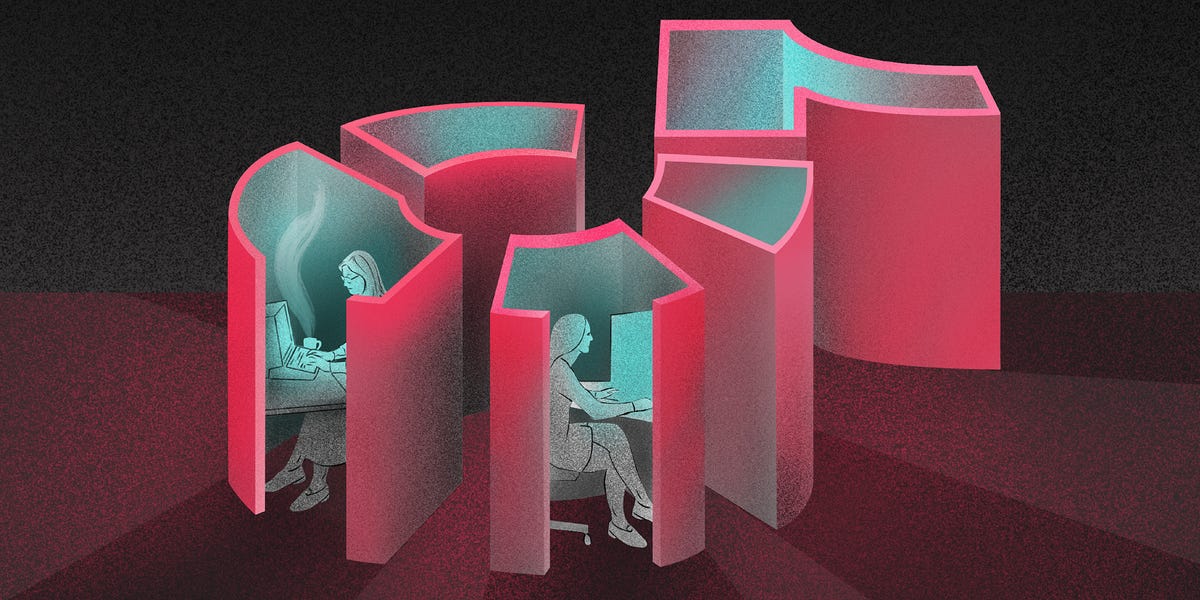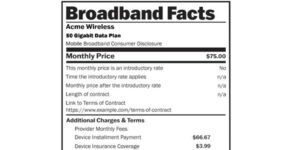It’s annual review season at TikTok, and the company is putting the squeeze on some employees by doling out harsher performance ratings.
Some staffers who were previously told their work met expectations at their mid-year review, referred to internally as an “M” rating, are now receiving lower ratings of “M-” and “I,” suggesting their work isn’t up to par, two current TikTok employees told Business Insider.
At TikTok, a rating below “M” can mean a reduction in one’s annual bonus, or losing a bonus entirely. Some may also be placed on a performance-improvement plan, commonly referred to as a PIP.
The company told staff in January that it wanted to differentiate employees more in assessments so it could reward strong performers and give under-performers timely feedback and the opportunity to improve. This meant fewer “M” ratings, the score that a staffer needs to earn in order to get their full annual bonus.
TikTok also told staff in January that managers would be encouraged to give more employees a higher rating of “E,” for exceeds expectations, which comes with a bigger annual bonus. The Wall Street Journal earlier reported on the company’s plans to give out more low ratings.
“Our procedures encourage individual leaders to use their judgment, and they have responsibility for their team’s performance distribution,” A TikTok spokesperson told BI.
Now that reviews are starting to roll in, some staffers are feeling frustrated that they saw drops in ratings from their mid-year assessments. Lower ratings can directly impact take-home pay, and being placed on a PIP is a bad indicator of job security no matter where you work.
One TikTok staffer, who requested anonymity because they weren’t authorized to speak publicly about the topic, said they feared the company’s decision to dock employees’ bonuses and put some on PIPs could drive more employees to leave the company. The employee, whose identity is known to BI, said they hadn’t heard of anyone who saw their score rise since they received their mid-year rating in September or October.
TikTok’s stricter reviews arrive at a moment when employees are already facing a reduction in their annual bonuses due to a scheduling change. TikTok previously rated employees across calendar years between March 1 and February 28, but changed the timing for its 2023 annual reviews so they would instead line up with the calendar year ending in December. This one-time adjustment means staff will receive around 83% of their annual bonuses for 2023 work, prorated to 10 months instead of 12 months.
This 83% proration means that many aren’t feeling particularly satisfied with their annual bonuses this year, a second TikTok staffer, who also requested anonymity to discuss internal matters, told BI.
TikTok isn’t the only tech company to adjust its performance reviews in recent months. Facebook-owner Meta Platforms began doling out lower ratings to staffers this year as it continued its efficiency push, offering some under-performers the opportunity to take three months’ severance instead of going on a PIP. The company did opt to pump up annual bonuses for high performers after it reported strong Q4 earnings.
And other tech workers have learned the hard way that a strong performance review does not equal job security. For example, last year, Reddit began letting go of employees across departments who had received high ratings in their most recent performance reviews.
Are you a TikTok or ByteDance employee with insight to share? Contact reporter Dan Whateley at dwhateley@businessinsider.com or on Signal using a non-work device.




